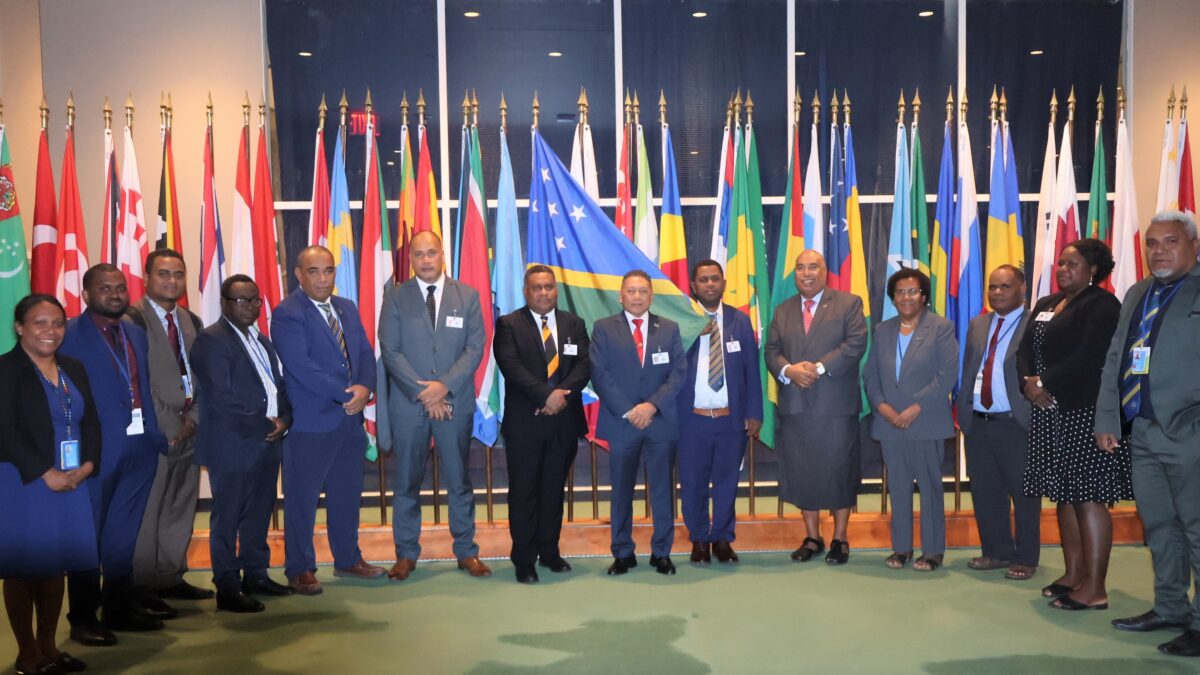by Tusi Tala, Staff Writer
Palau’s vice president addressed the United Nations General Assembly (UNGA), stating that the climate crisis is threatening the nation’s food security and economic stability. Uduch Sengebau Senior emphasized that the global response to climate change is critical for survival during her speech at the 79th Session of the UNGA in New York.
She highlighted that Palau faces unique challenges impacting its economic growth, environment, and the survival of its people. Although small island developing states (SIDS) contribute less than one percent of global greenhouse gas emissions, they suffer the most from climate change effects.
Senior noted that Palau is experiencing clear signs of climate change, such as more intense storms, landslides, and extended droughts, which have become commonplace. The global repercussions of climate disasters have driven up the prices of imported goods, further threatening food security and economic stability.
She pointed out that rising sea levels present an urgent challenge for SIDS, as many islands are only a few meters above sea level, making them susceptible to coastal erosion, flooding, and storm surges. This poses not just an immediate risk but an existential threat for future generations.
Palau is taking proactive measures to relocate critical infrastructure, including hospitals and schools, to safeguard its citizens from rising waters and climate-related events. Senior stressed that while adaptation is essential, mitigation is equally crucial.
Palau is dedicated to reducing carbon emissions and shifting to renewable energy sources, such as solar, wind, and ocean energy, to lessen dependence on imported fossil fuels and create a more sustainable future.
She called for global unity to tackle the existential threat of climate change, protect oceans, and ensure that no nation, regardless of size, is neglected. The focus should be on science, conservation, and the welfare of the people.
Regarding the UN Security Council (UNSC), Palau advocated for reforms to ensure equitable representation. Senior argued that the Council must adapt to contemporary realities, necessitating the inclusion of both permanent and non-permanent members.
She expressed support for Japan’s bid for a permanent UNSC seat and emphasized the need for representation of SIDS on the Council.


